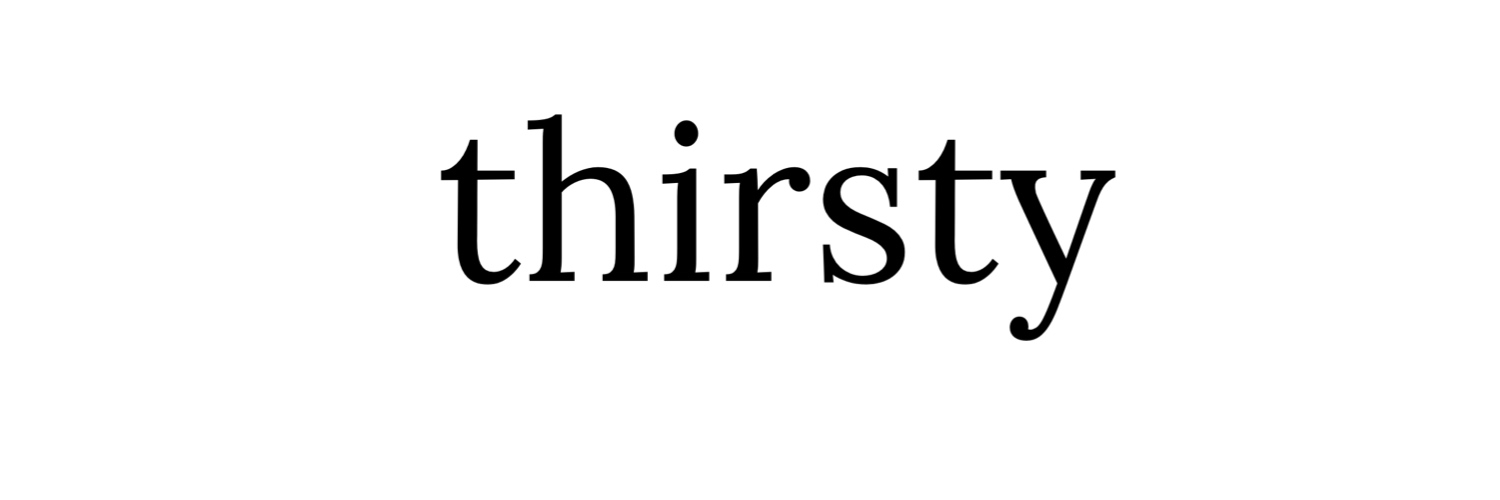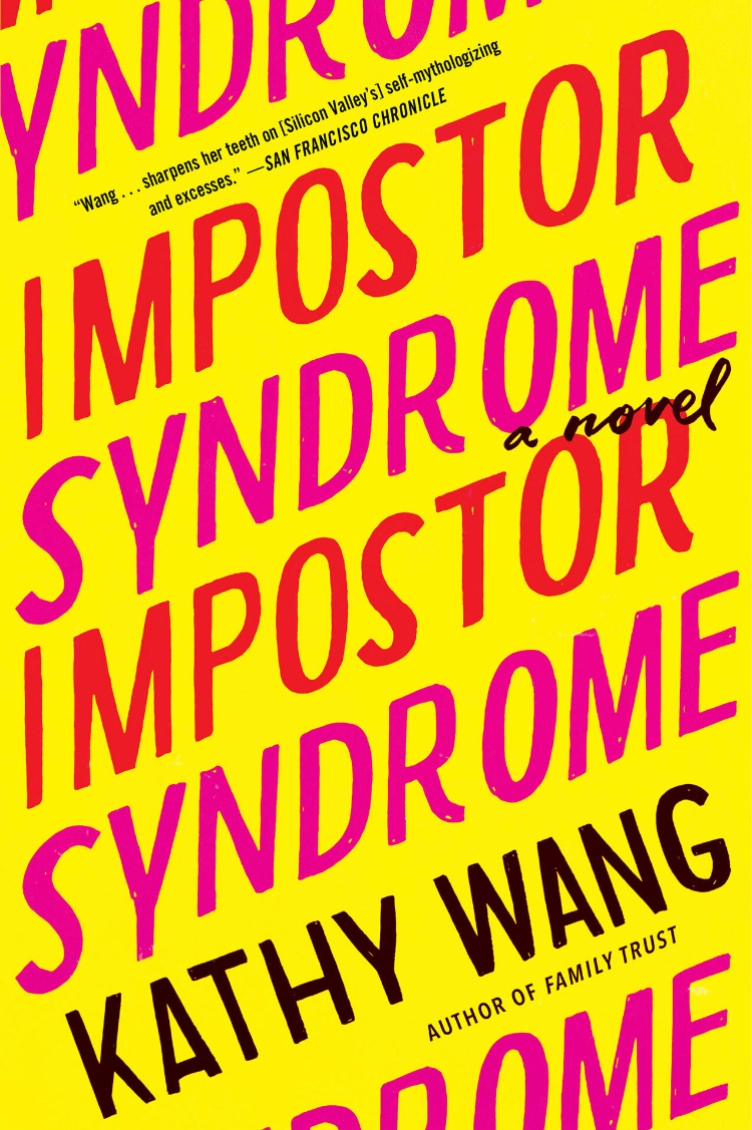Imposter Syndrome by Kathy Wang, Book Review
This must-read novel is more literary fiction than espionage and a biting discourse on patriarchy and toxic femininity.
by Alicia Butler, September 13, 2022
Imposter Syndrome by Kathy Wang is the must-read novel of 2022.
More literary fiction than espionage, this satire takes a punch at Silicon Valley, toxic masculinity, and American consumerism.
Its wit-sharp humor, near-perfect prose, and succinct dialogue make the medicine of smashing the patriarchy go down with ease.
Kathy Wang tackles America’s history with anti-Asian sentiment, Facebook’s data privacy scandals, and society’s adulation for men who end up on top (all while doing the bare minimum) — all in about 350 pages.
‘Imposter Syndrome’ Synopsis
The following is a synopsis of the first act of Imposter Syndrome. If you don’t want any spoilers, please jump ahead to the review.
Julia Kall, known to the intelligence agency SPB as her code name MINERVA, is one of Russia’s greatest assets.
The COO of Tangerine (a stand-in for Facebook), planted in Silicon Valley in the summer of 2006 in a graduate program at Stanford, Julia “developed” facial recognition software (stolen by the Russians) that was acquired by the social network giant.
Julia’s handler Leo assures her the rightful owner of the software would never even realize it was stolen.
“These companies have so much, they probably won’t ever use it. It’s not their chief business, only one of hundreds of side projects. Something to remember about America: waste is part of their culture.”
Over 12 years, Julia comfortably assimilates into American culture. Waste and all.
She and her husband live in a $15 million home and rent the “entirety of the Golden Rock Ranch” in Napa for their wedding weekend. She flies private.
But here’s the kicker: she’s worked just as hard as her peers (maybe even harder than most). And when she thinks about her unfair advantage, being placed in a Ph.D. program at Stanford and getting her first job through her mentor, a Russian sympathizer, all she need do is look around at her peers whose generational wealth bought their Ivy League educations.
And while Julia’s past was fabricated, her career is very real — at least to her. After spending 12-hour days at Tangerine and working her way up the corporate ladder, she identifies as a COO far more than a Russian operative.
Alice Lu, Imposter’s second protagonist, a Chinese American, whose family emigrated to the U.S. when she was five, is the one who discovers Julia’s crimes: the COO is using Tangerine’s newly acquired messaging app, FreeTalk, as well as the Tangerine platform (sort of a combination of Facebook’s social platform and Google Chrome’s browser), to pass information back to the Russians.
An MIT graduate, Alice should be much further up the Tangerine corporate ladder than she is.
Yet a string of mishaps, including a breakup with a colleague, poor soft skills performance reviews (delivered by a manager with no technical skills, who offers motivational poster words of wisdom), and being generally passed over for her male peers, has kept Alice stagnated as a Junior Engineer.
It’s because of Alice’s exemplary technical skills (and virtually no social life, thanks to said breakup) that while staying late at the office one night, she discovers an abnormal data transfer on one of Tangerine’s servers.
After some light digging, she finds the source of the transfer, User 555, is accessing a (supposedly) defunct feature known as God Mode, or the ability to view any Tangerine user’s internet search results, messages, downloads, and location.
It’s not long before Alice discovers User 555 is Julia.
Knowing full well that Tangerine places the Individual (especially the Important Individual, the Powerful Individual, and the Celebrity Individual) above all else, Alice must decide what to do about Julia.
Can she stop Julia and the Russians from collecting data on American citizens without losing her job (and defaulting on her $2,100 monthly student loan)?
“These companies have so much, they probably won’t ever use it. It’s not their chief business, only one of hundreds of side projects. Something to remember about America: waste is part of their culture.”
‘Imposter Syndrome’ Book Review
Imposter Syndrome dissects the role of women in corporate America, as caregivers, and in society. It also examines the differences in values between the East and West and how immigrants are treated as “other”.
It is split between the narratives of its main characters: Julia, the COO of Tangerine and a Russian operative; Alice, a Tangerine engineer who discovers Julia’s secret; and Leo, Julia’s handler.
Julia has been groomed to pass as American, so she is not “othered” as an immigrant. But she is othered by the tech industry and society (especially women) for her “masculine” traits, often accused of sleeping her way to the top and undeserving of her position at Tangerine.
Imposter syndrome, a phrase used to describe how women often don’t feel they’ve earned their professional place in society and worry they’re “faking it till they make it”, is unsurprisingly one of the main themes of the novel.
According to the Harvard Business Review, “Men apply for a job when they meet only 60% of the qualifications, but women apply only if they meet 100% of them.”
The men in Wang’s Silicon Valley are self-serving. Everything comes easily to them. Generational wealth and bro-y investors afford them the privilege to lose millions — even billions — and bounce back, their prior sins easily forgiven. After all, nobody makes money without losing a little, right?
While the men in Imposter have it easy, the women need to fight tooth and nail to get to the top. For them, a degree from an Ivy League isn’t enough; they need to embody just the right amounts of the masculine and feminine to assuage the egos of their peers and escape negative media coverage.
Julia is also both literally and figuratively an imposter in American society. She is seen as an interloper by much of the tech world. But oh if they only knew of her real crimes.
She is regularly mocked or hated by her colleagues for being a “diversity hire” and a bitch. Though Julia is an imposter, she has still worked harder than most of her male counterparts.
Julia is also expected to play the part of the token woman in tech, answering more questions about work-life balance, motherhood, and anti-aging techniques than her role as COO of the largest social network company in the world.
If that isn’t enough, she’s appalled at how little time her husband wants to spend with their newborn daughter — and how little is expected of him from his family and the rest of society.
Julia is used by the Russian government, by Tangerine, and later by her handler Leo. Her importance often only determined by what she can do for others.
But Julia is just one protagonist in the story (and the supposed antagonist to another of the novel’s protagonists).
Though Alice believes her main adversary throughout the story to be Julia, the real antagonist of her narrative is the patriarchal racist structures of both the U.S. and the tech world.
While Julia’s backstory is brutal and heartbreaking, it isn’t as emotionally charged as the event that becomes the driving force in Alice’s story: at eight years old, she witnessed her mother attacked, the victim of a hate crime, at the hands of a privileged white teen, that went unpunished.
Wang also compares America’s and Russia’s worst traits. The over-excess, hoarding, and waste of the West (often criticized by the Russian operatives) and the stark reality of the Motherland, where necessities are often lacking thanks to the hoarding, mismanagement, and misappropriation by their own government.
Is ‘Imposter Syndrome’ a good book?
‘Imposter Syndrome Highs
Imposter Syndrome reads as more literary fiction than espionage, and Wang weaves together some of the tightest prose I’ve read in the past year.
Nothing feels extraneous or “too much” in Imposter. Stephen King would be thrilled with Wang’s sparing use of adverbs. Her dialogue is punchy and succinct.
In the character of Alice, she nails the feeling of millennial angst and ennui.
Alice doesn’t convey she was necessarily “in love” with her ex, Jimmy (who wasted 10 years of her life). But she also didn’t want to end up eating Tangerine cafeteria leftovers alone in her apartment or subletting the spare bedroom to her party girl cousin Cheri, either.
That “Is that all there is?” feeling is expertly captured.
Wang critiques the treatment of women by corporate America, the tech industry, the media, and society. Julia is worshipped but also despised. Women don’t know why they hate her or even really why she’s famous, to begin with.
When Alice asks her cousin if she knows who Julia is, Cheri replies, “The Tangerine exec, right? I mean, I don’t know that much about her. I didn’t read her book.”
“She doesn’t have a book.”
“Oh, I mean, her TED talk.”
“She doesn’t have a TED talk. At least I don’t think,” Alice said, as if she weren’t sure, though she was.
Though everyone (both men and women) seems to have an opinion about Julia. The comments on a Duke commencement speech given by Julia read:
“Remember she only got where she is because she fucked Pierre Roy.
This feminazi discriminates against all men! I see a coming male purge and then a revolt! Shareholders will not stand, especially when she doesn’t deliver.
Anyone else think she’s a crazy fucking cunt?”
Julia is an anecdote, a villain, or a punchline. She is the tech world’s Monica Lewinsky and Hillary Clinton, wrapped in one. The savior and the whore.
Though Julia and Alice seem pitted against each other for 90 percent of the novel, the two share so many similarities, they’re truly each other’s mirrors.
Julia, an immigrant who was able to assimilate and given an ivy league education, has worked hard and is trying hard to maintain her status while it seems the whole world would be more than happy to see her fail.
Alice, an immigrant who has worked equally hard, hasn’t been given the connections Julia has (or induction into Tangerine’s female leadership program FLIP “as in Flip! the gender ratios” like her no-technical skills manager Tara) so has hit a glass ceiling.
Wang seamlessly ties these two narratives together, showing equal amounts of compassion to both Alice and Julia.
While Alice has grown up in a loving household, she’s now the victim of a patriarchal system that prevents her from upward mobility; Julia was the victim of a patriarchial structure throughout childhood, and though she has power and money, she is only afforded those pleasures as long as she remains useful to both Silicon Valley and Russia.
Related Stories

This Time Tomorrow, Emma Straub: Book Review
‘Imposter Syndrome’ Critiques
This book was such a good read (and honestly the best novel I’ve read so far in 2022), critiquing it almost feels like a crime.
The end was slightly unsatisfying. I waited for over 300 pages for a showdown between Alice and Julia. I’m not saying it doesn’t come, but I definitely wanted more.
While not really a dealbreaker, the fact that the novel shifts perspective between the two female protagonists and Julia’s handler Leo felt… off.
Leo’s perspective is the one that opens the novel. A male narrator. Why open a feminist story with a male point of view?
I’m not gonna lie: I loved Leo’s perspective, his matriarchial transformation. But to open the entire story, starting with him? It seemed structurally wrong.
While This Time Tomorrow suffered from structural issues that drew me out of the narrative, Imposter’s were merely thematic.
‘Imposter Syndrome’ Recommendation
Imposter Syndrome is a superbly written critique of Silicon Valley’s misuse of power and the U.S.’s obsession with celebrity status.
The sharp prose and dialogue are reason enough to read this 357-page caper.
While its themes of patriarchal structures, toxic femininity, and anti-Asian sentiment are enough to download the sample chapter, its flawed yet likable characters will convince you to buy the book.
Plus, its straight-up criticism of the Facebook Cambridge Analytics scandal made Imposter even that much more enjoyable.
Imposter Syndrome is the best fiction I’ve read so far in 2022, and if you love espionage with a literary bent, you’ll think so too.


Trackbacks/Pingbacks